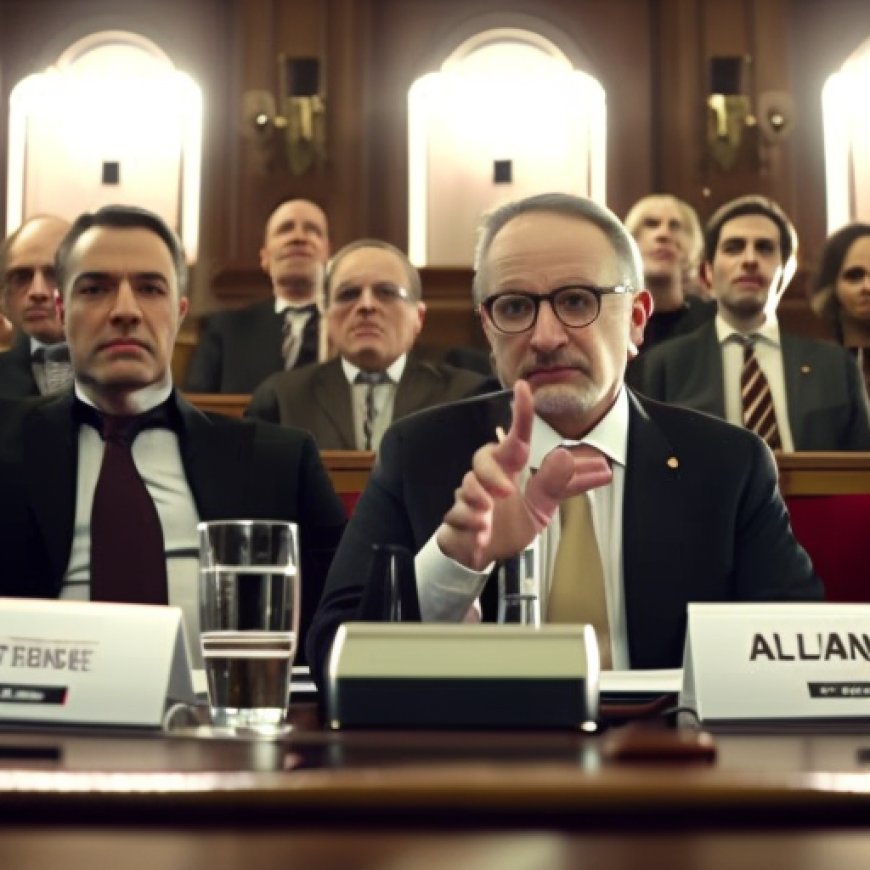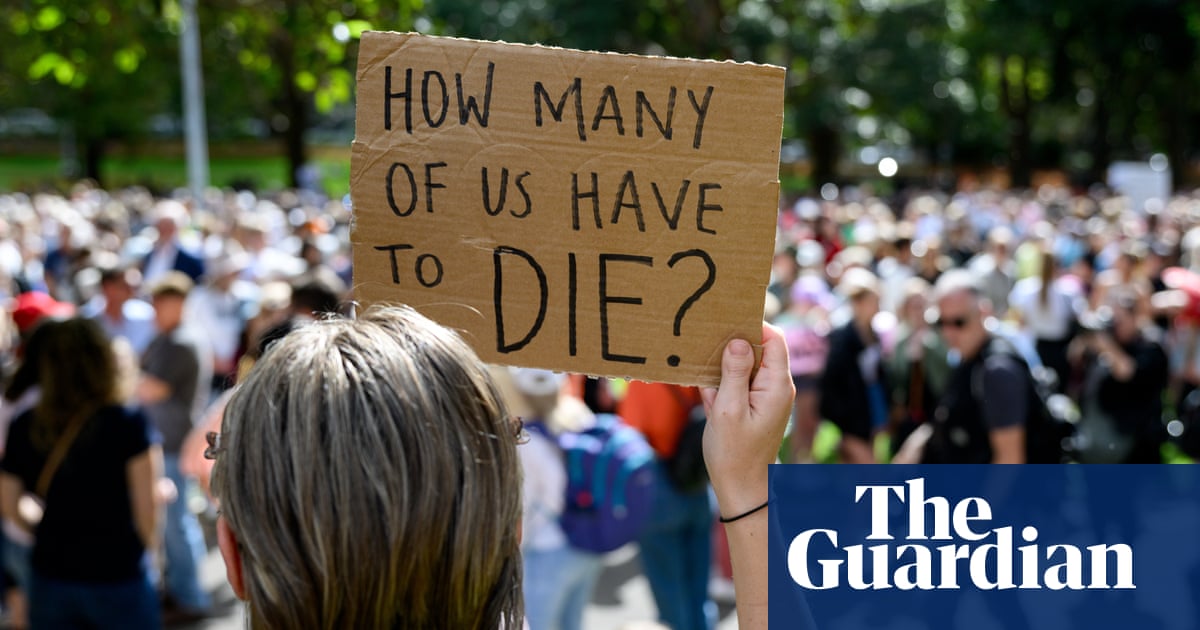Albanese calls for debate on blocking online misogynistic content at snap national cabinet meeting
Albanese calls for debate on blocking online misogynistic content at snap national cabinet meeting The Guardian


Debate on Blocking Misogynistic Content Online Urged by Anthony Albanese

Anthony Albanese has called for a debate on the blocking of misogynistic content online ahead of a snap national cabinet focused on women’s safety.
In addition to information sharing on high-risk perpetrators and serial offenders, the federal government has signalled strengthening violence prevention through a focus on online harms will be a priority at Wednesday’s meeting, the first national cabinet of 2024.
But Albanese will also face a push from the Northern Territory for needs-based domestic and family violence funding, adding to calls from the Greens for more money for the 10-year national plan to reduce violence against women and their children.
A spokesperson said commonwealth efforts on online harms, to be discussed at the meeting, include “countering violent and misogynistic content and access to age-inappropriate material on social media”.
On Tuesday the communications minister, Michelle Rowland, said Australians were “very frustrated” about social media algorithms serving up misogynist content to young people.
Government’s Efforts to Address Online Harms
She conceded the algorithms deciding what content was shown to users were “opaque”, and regulation had proved a challenge for governments worldwide, but said the government was “determined to make positive changes in this area”.
Guardian Australia understands the government is considering whether reforms to the Online Safety Act and the eSafety Commissioner’s powers could compel social media platforms to block young people from seeing such content.
Importance of Addressing Misogynistic Content Online
The prime minister, Anthony Albanese, said cracking down on misogynist content online is “a debate we have to have” as influencers like Andrew Tate were “symptomatic of a problem that is a global problem that we’re dealing with”.
“We need to be very conscious about what is online and about the impact that it is having. Now that is something that is a role for government, but it’s also a role for public discourse,” Albanese told reporters in Brisbane.
Albanese said he wouldn’t “preempt the discussion” tomorrow at national cabinet on wider domestic violence issues, but said any reforms would also require “attitudinal change” as well as “practical immediate measures and responses”.
Efforts by State and Territory Leaders
State and territory leaders, through the Council for the Australian Federation currently chaired by South Australia’s Peter Malinauskas, will present a paper on their efforts to combat gendered violence.
Albanese said the meeting would consider “ways in which best practice can be replicated”, including the lessons from Victoria’s royal commission into domestic violence.
Malinauskas has said that he discussed “sharing of intelligence about perpetrators across jurisdiction” with the prime minister as a potential outcome of Wednesday’s meeting.
A group of 11 crossbench MPs has written to the government asking for consideration of “immediate measures … within the justice system where bail laws and intervention orders are failing women”, including a national domestic violence register.
On Tuesday Albanese dead-batted a question about creation of such a register, noting that states and territories have “primary responsibility” for the justice system.
Considerations for Bail Law Reforms
Despite the crossbench push for bail reform, it is considered an unlikely outcome of the meeting, given the experience in Victoria and warnings from experts that tougher rules had unintended consequences for women, children and Aboriginal people.
Emma Buxton-Namisnyk, a UNSW criminologist focusing on domestic violence, supported NSW’s plan to review whether bail decisions on domestic violence cases should be decided by a registrar, but said bail reform can cause unintended consequences and should be done cautiously.
“We should be really wary of punitive responses that are announced in haste because they typically disproportionately impact First Nations people and have unintended effects that aren’t foreseen,” she said.

Join us, as fellow seekers of change, on a transformative journey at https://sdgtalks.ai/welcome, where you can become a member and actively contribute to shaping a brighter future.







